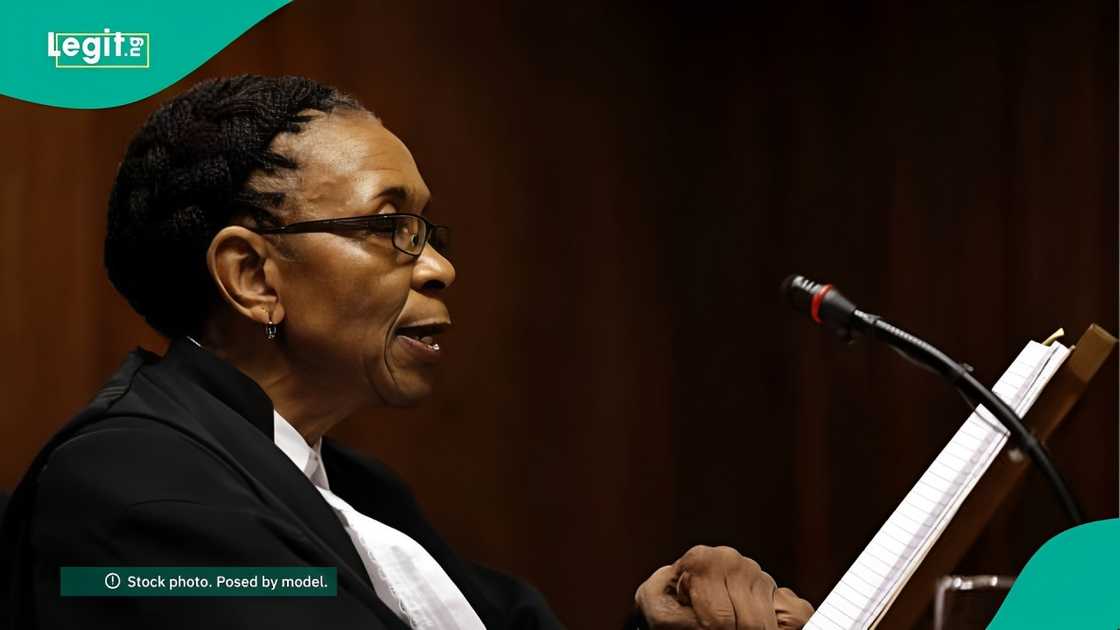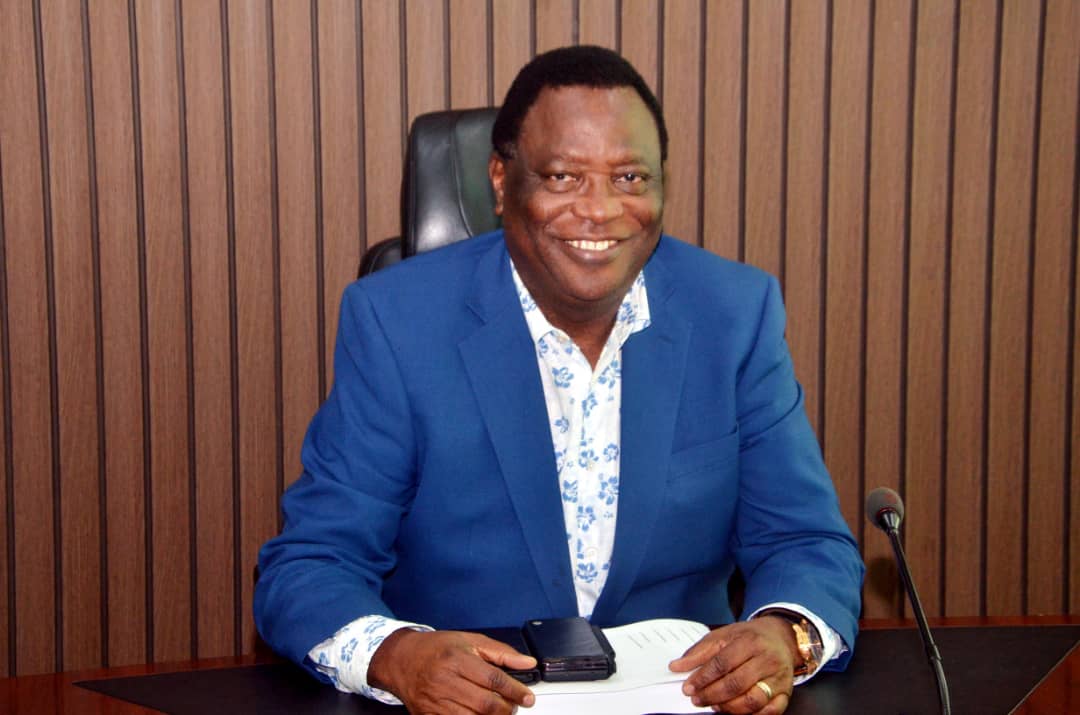Supreme Court Makes Final Ruling on Deportation of 500,000 Migrants in US
The US Supreme Court ruled on 30 May that President Donald Trump's administration could temporarily revoke the legal status of over 500,000 migrants living in the United States.
The decision halted a previous federal judge's order that prevented the administration from ending the parole immigration programme, which was originally established by former President Joe Biden, BBC reported.

Source: Getty Images
The ruling puts approximately 530,000 migrants from Cuba, Haiti, Nicaragua, and Venezuela at risk of deportation, significantly impacting those who had sought refuge in the US due to economic and political instability in their home countries.
Justices Ketanji Brown Jackson and Sonia Sotomayor, two of the Supreme Court's three liberal members, dissented against the order. The parole programme had provided immigrants with temporary legal status, enabling them to live and work in the US for two years due to urgent humanitarian reasons or significant public benefit, according to the US government.
The Trump administration had filed an emergency appeal with the Supreme Court after a federal judge in Massachusetts blocked its attempt to end the programme, also known as CHNV humanitarian parole.
The White House welcomed the ruling, with Deputy Chief of Staff Stephen Miller stating to CNN that officials celebrated the opportunity to deport 500,000 "invaders". "The Supreme Court justly stepped in," he said.
In her dissent, Justice Jackson warned of the consequences, writing that the court's order would have the lives of half a million migrants unravel all around us before the courts decide their legal claims.
On the day he took office, President Trump signed an executive order directing the Department of Homeland Security to eliminate parole programmes. In March, Homeland Security Secretary Kristi Noem announced the end of CHNV humanitarian parole, further solidifying the administration's stance on immigration.
Several immigrant rights groups and affected migrants sued the Trump administration, arguing that they could face serious risks of danger, persecution, and even death if deported back to their home countries.
The Supreme Court's ruling follows an earlier decision this month that permitted Trump officials to revoke Temporary Protected Status, or TPS, for approximately 350,000 Venezuelan immigrants residing in the US.
Humanitarian parole programmes have historically been used to grant refuge to migrants fleeing war and instability. In the 1960s, Cuban migrants benefited from such policies following the revolution, and more recently, President Biden established a parole programme for Ukrainians in 2022 amid Russia's invasion.
Legit.ng earlier reported that the United States has revoked all visas issued to South Sudanese passport holders, citing the African nation’s refusal to accept its repatriated citizens.
US Secretary of State Marco Rubio announced this decision on April 5, adding that South Sudanese citizens would also be barred from entering the US at ports of entry.
According to the BBC, Rubio criticised South Sudan’s transitional government for failing to cooperate with repatriation efforts.
PAY ATTENTION: Сheck out news that is picked exactly for YOU ➡️ find the “Recommended for you” block on the home page and enjoy!
Source: Legit.ng












